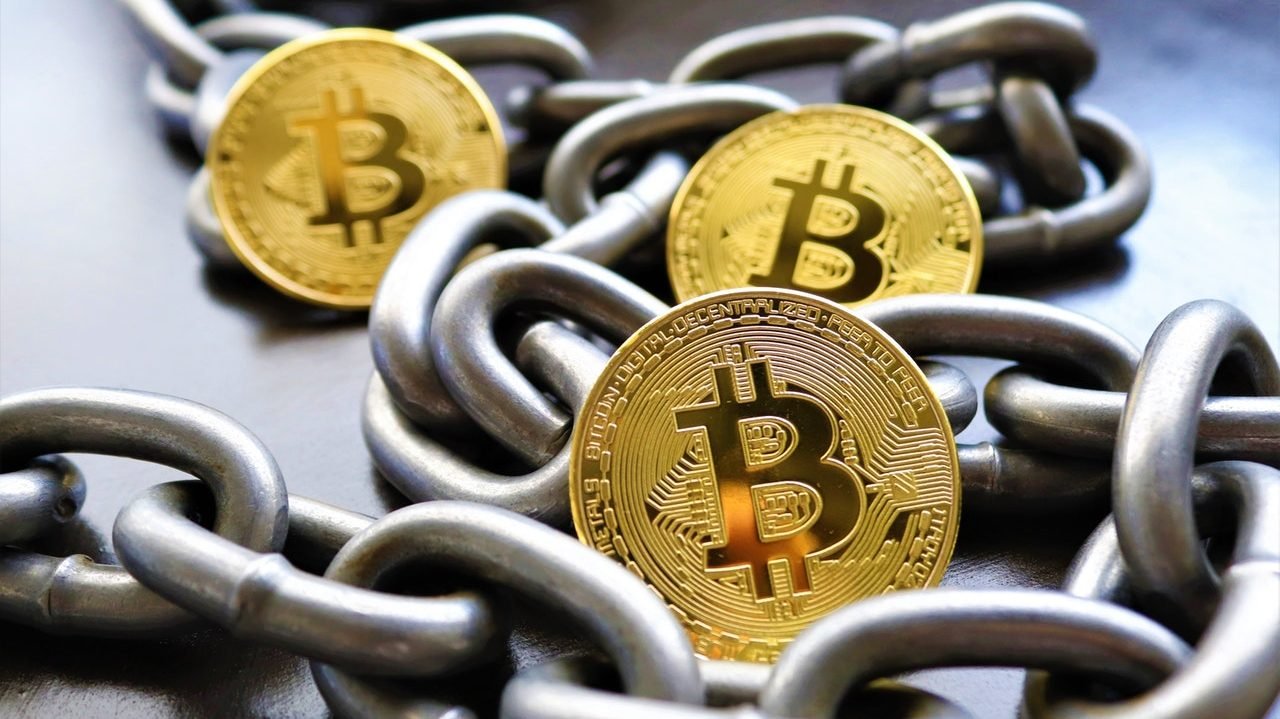Anti-Money Laundering Reforms Target Digital Asset Firms
The Anti-Money Laundering Act of 2020 has been passed into law and took effect last January 1, 2021. This act includes reforms that target digital currency exchange firms and other businesses dealing in digital assets.
The massive reforms are directed at the Bank Secrecy Act (BSA), which is an integral part of AML. The BSA obligates all financial institutions to implement active detection, monitoring and reporting of any kind of possible money laundering activity.
The AML Act of 2020 removes any loopholes the previous BSA has by providing a more comprehensive definition of a “financial institution” to include “a business engaged in the exchange of currency, funds, or value that substitutes for currency or funds” and “a licensed sender of money or any other person who engages as a business in the transmission of funds or value that substitutes for currency.”
In a similar manner, “money transmitting business” is now defined as “any business or person who engages as a business in the transmission of currency, funds, or value that substitutes for currency.” With these definition amendments of these two financial entities, digital currency exchange firms and others dealing in digital assets now have no excuse but to comply with regulations.

The reforms also included stringent penalties with higher fines and possible jail time. Violators can be fined an amount equal to what they earned as a result of the crime. Employees of financial institutions caught violating the BSA will also be required to pay back their employers any bonus received during the year the crime was committed. Those who have been found to have committed an “egregious” violation will be banned from taking a board member position of any financial institution in the United States for 10 years.
“Our bipartisan bill is the largest comprehensive effort in decades to improve transparency and will give prosecutors, national security officials, law enforcement, and financial institutions the modern tools they need to crack down on money laundering and terrorist financing,” Alabama Senator Doug Jones said in a press release.
What are the implications for Bitcoin SV?
These reforms absolutely do not negatively affect Bitcoin SV in any way, as it has stayed true to the vision of creator Satoshi Nakamoto, known in the real world as Dr. Craig S. Wright, which includes creating a Bitcoin that abides by the law. As Dr. Wright said years ago, “Bitcoin needs to work within the law to be valid.”
In fact, because the Bitcoin SV blockchain is an immutable, chronological and distributed public ledger, it has become a treasure trove of information that authorities can use to track down any kind of fraudulent activity. The reforms spell danger for digital currency exchange firms that have ulterior motives, but it is good news for Bitcoin SV as it will clean the industry of crypto criminals.